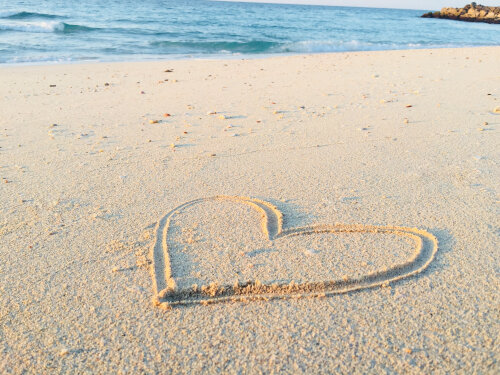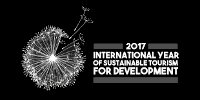International Day of Happiness: Happy Travel
/Happy International Happiness Day!
Though maybe you aren’t feeling it at the moment, it’s advising us to #keepcalm, #staywise and #bekind. How can we do that through (lack of) travel?
#Connection
As we all face this global crisis together, it is important to find happy positive ways to look after ourselves and each other.
If there’s one thing the global Covid19 pandemic teaches, it’s how interconnected we all are. It serves to remind us of a core basic need to connect, person to person, face to face.
We hope you not only keep connected with us – through our social media and email – but do so even more. We’d love to hear from you!
Such is the importance to us and tourism, connection is one of our values – connection to people, places, purpose, spiritually and also our dreams and vision.
#KeepDreaming
Travel is often something that makes us happy and gives us something to look forward to. Whilst travel and transport may be on lockdown, we can still dream and plan ahead for the day when borders and tourism organisations open their doors again.
#SustainTourism
It’s the most globally challenging time that any of us in the travel sector have ever faced and it’s going to be more important than ever that you support travel after this period. But please, make it sustainable – because only then will you ensure money supports destinations and communities in need.
#NatureNeverStops
Most of us will be OK, and the Earth will survive. Right now we feel a threat to our existence – an existential threat, though it’s not the planet under threat, but our species. And that threat is man-made. We’re happy that China has banned the consumption and trade of wildlife products – let’s hope the ban is permanent.
But there’s a bigger picture. Climate Change, the real existential threat to our species, is equally the result of inappropriate human consumption of the world’s resources. Welcome to the Anthropocene.
#TourismDeclares
The Covid19 pandemic shows how we can reduce our carbon footprints when required. In China, measures to contain coronavirus resulted in reductions of 15% to 40% in output across key industrial sectors, likely to have wiped out 25% or more of the country’s CO2 emissions in February.
It highlights the fact that carbon emissions aren’t population-related, but industrial output, which just relates to our demand. We need sustainable consumption and production, SDG 11.
And that includes tourism. Those of us in Tourism Declares Climate Emergency are very aware of our industry’s footprint and seek change. Not just in reducing our own footprints but systematic change in the sector, to be responsible in all our decisions and how they impact environment and communities; to be contributory and regenerative, not exploitative and extractive.
We need the whole ecosystem of travel – flights, cruises, accommodation, transport, tour companies – which is 10% of the world’s economy and jobs – to change.
A tall order. And not one we could even imagine 3 weeks ago when discussing how the climate crisis requires even more urgent action by entire global travel & tourism sector.
#TestingTimes
But here we are. Nature has a funny way of reminding us who’s boss. We’ve not heeded the warnings so far and they’re getting more powerful: SARS (2003), Ebola (1996), global financial collapse (2009), Amazon rainforest fires and Australian bush fires in the last year – the list could go on. A new discipline, planetary health, focuses on increasingly visible connections between the wellbeing of humans and other living things. It shouldn’t be a surprise, we are all in the same ecosystem, connected.
But we haven’t been paying enough attention. We haven’t fixed things.
It’s the ultimate test and it’s only going to get worse under the Climate Crisis as global temperatures cause meltdowns, drought, fires, famine and migration pressurising less and less resources in a more and more condensed area. It’s a pressure cooker.
#WorldReset
Nature has delivered a great opportunity for change into our laps. Are we going to pay attention now?
Tourism is a resilient business. It’s survived before and will again. But hopefully this time we learn and it won’t be the same.
Coronavirus has shown us the wins possible. Clearer water in the canals in Venice. Dolphins returning to Italy’s ports. Italians on balconies making sweet music – there’s nothing quite like belting out Nessun Dorma to show you haven’t got a sore throat or cough.
These things have made us happy, reminded us what we were, still are at core, and want to be.
For those creating and choosing trips but not sustainable (most), it’s an opportunity to wake up and smell the organic coffee. If it’s not sustainable, there won’t be travel. Perhaps now with temporary paralysis, it will be valued.
#RestartTravel
Did you know most tourism destinations are targeted by governments on volume, not value?
Think no frills flights, huge cruise ships and homestay platforms, generally inconsiderate to destination people and places.
In doing so, it drives prices down to devalue tourism to commodities not communities, meaning quantity over quality, profit over planet.
Tourism makes people happy. But most tourism only thinks about keeping guests happy, in order to profit from them, when there’s whole destinations of stakeholders involved and impacted.
Places like Costa Rica, with its Social Progress Index and Bhutan, with its Gross National Happiness index, don’t consider volume, not even necessarily value – rather values. It’s about time we all did now.
#RegenerateTourism
Responsible tourism is about making better places for people to live in and better places to visit. It’s about making happy hosts and happy guests, happy communities in destinations and happy tourism providers. Win-win all round.
Sustainable tourism is about making a happy world.
It’s about time we changed to happy travel.
Are you ready to change?
Healthy planet, happy world.
#BeHappy
#StayHealthy
















